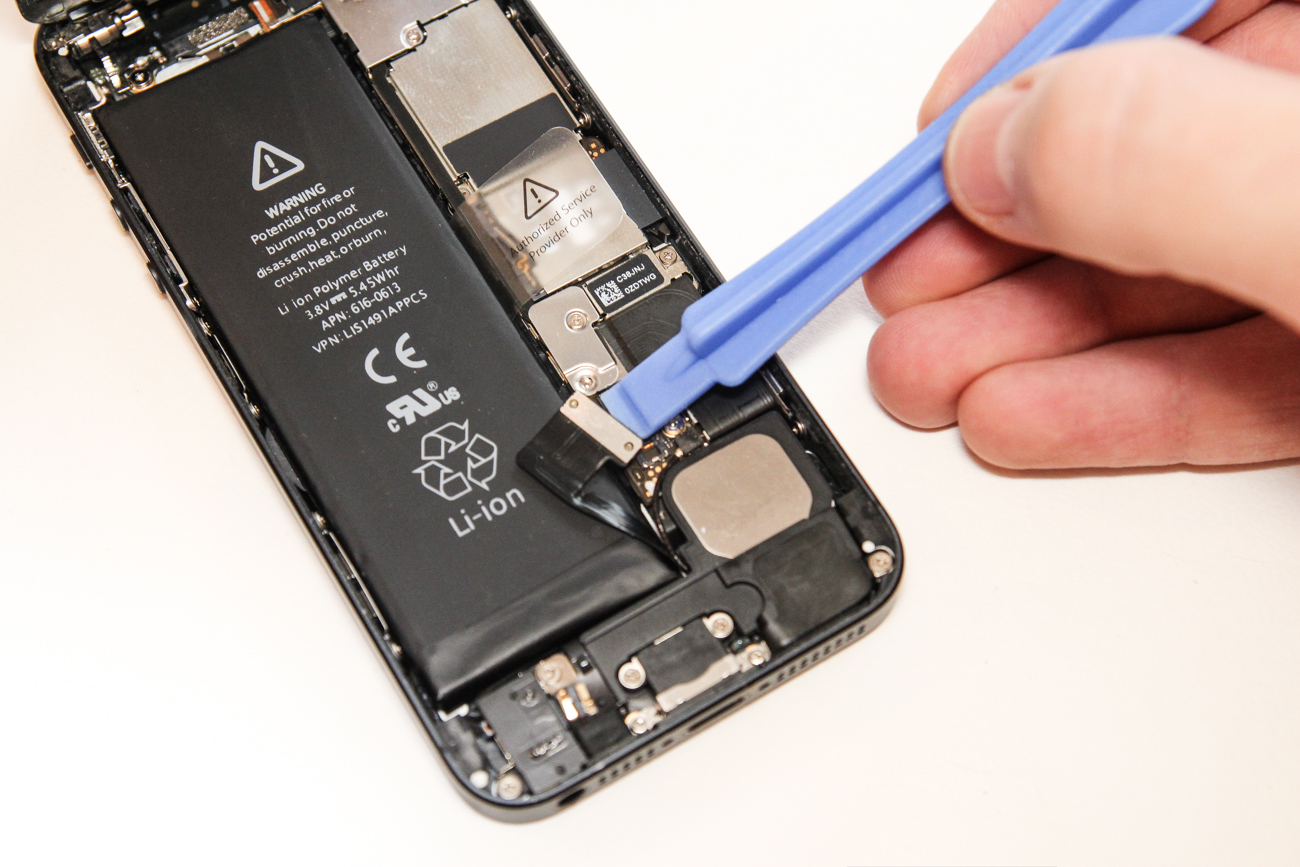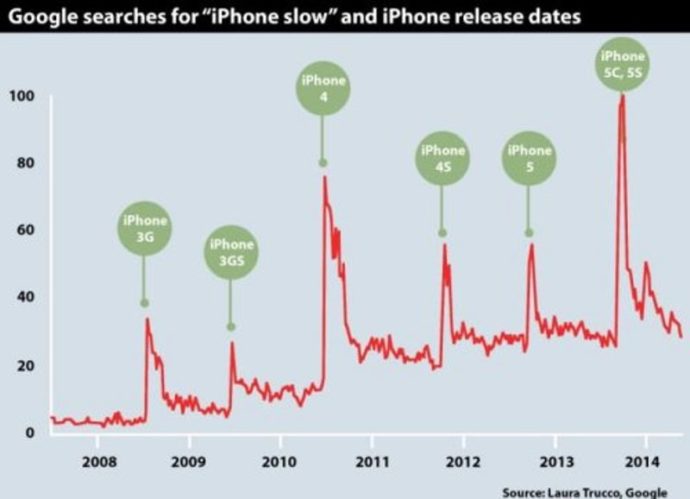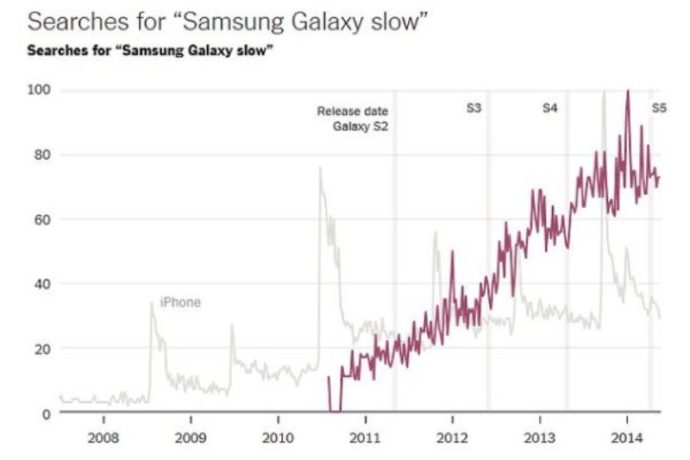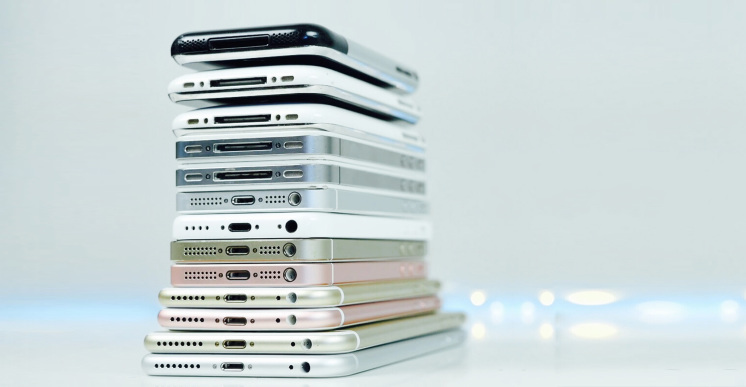There is an increasing number of users who complain about the slowdown of their Apple products, not only iPhones, but also Macs. There are claims that this is done in order for Apple to force customers to buy new products - as many people have noticed that the device slows down significantly when Apple releases new products.
It could be interest you

If Apple was really doing this, it would be a really smart business move. The Apple company releases its products with iron regularity, and most of them are models that are only slightly more improved than their direct predecessors. Under these conditions, the average user does not necessarily "need" a new device, and most people are in the habit of buying a new phone or computer only when the original piece breaks or stops working.
Apple products are considered great. Server editors Anonhq - and not only them - but noticed that their iPhone shows a sudden malfunction about every two to four years, or the MacBook randomly slows down. Is this due to the relative "age" of the products, or is it the fault of Apple and its alleged deliberate slowing down of Apple devices?
Laura Trucco, a student at Harvard University, developed a study whose task was to find out what is behind the slowdown of iPhones and other Apple products. Among other things, the study examined the frequency of global searches for the term "iPhone slowdown" and found that searches are more intense around the time of a new model's release. Laura Trucco compared these results with similar terms associated with competing phones - such as "Samsung Galaxy slowdown" - and found that in these cases there is no increase in search frequency when new models are released.
This is not the first time that this topic has been discussed publicly. This could indicate that Apple is actually slowing down previously released devices before releasing new products. According to Catherine Rampell of the New York Times, Apple could design its new versions of operating systems to work properly only on the latest devices. Rampell says that her own iPhone 4 once experienced significant slowdowns after downloading the latest version of iOS, and her only solution was to get a new model. "
It could be interest you

Apple probably doesn't need to release a truly revolutionary product every year in terms of technology. However, they can make some of their customers feel that they need to follow the latest trends and therefore always own the most up-to-date equipment - even if the difference in functionality between the new and previous model is only minimal.
However, the search statistics for the above terms cannot in any way serve as direct evidence that Apple is deliberately slowing down its older devices. Both smartphones and laptops usually experience some slowdown after some time, especially if the user frequently upgrades the software. Just because your iPhone slows down after upgrading to the latest iOS doesn't necessarily mean that the theory of intentional slowdown is true. Regardless of whether Apple has a hand in slowing things down or not, there is no need to immediately throw out the device at the first signs of slowing down.



Absolutely a waste of time reading. Speculation and speculation and no factual conclusion…
The advantage of long-term HW support, as far as OS updates are concerned, is also not so clear-cut.
I HAVE GUARANTEED INFORMATION ABOUT MY FRIEND FROM CUPERTINO. TKZV AJPHONES LOOP - IN LAY WORDS, EVERY DAY YOUR AJFON IS A LITTLE SLOWER WHEN SW LEADS EACH ACTION THROUGH A LOOP, THEN 2,3,4,,,,,,,,,,,,,,,,,, ,,MILLIONS
Jáblíčkař is really into dill with the level. The articles are probably written by children who have just received a Macbook and are discovering its possibilities.
There is obviously a high level of learning at Harvard. ???